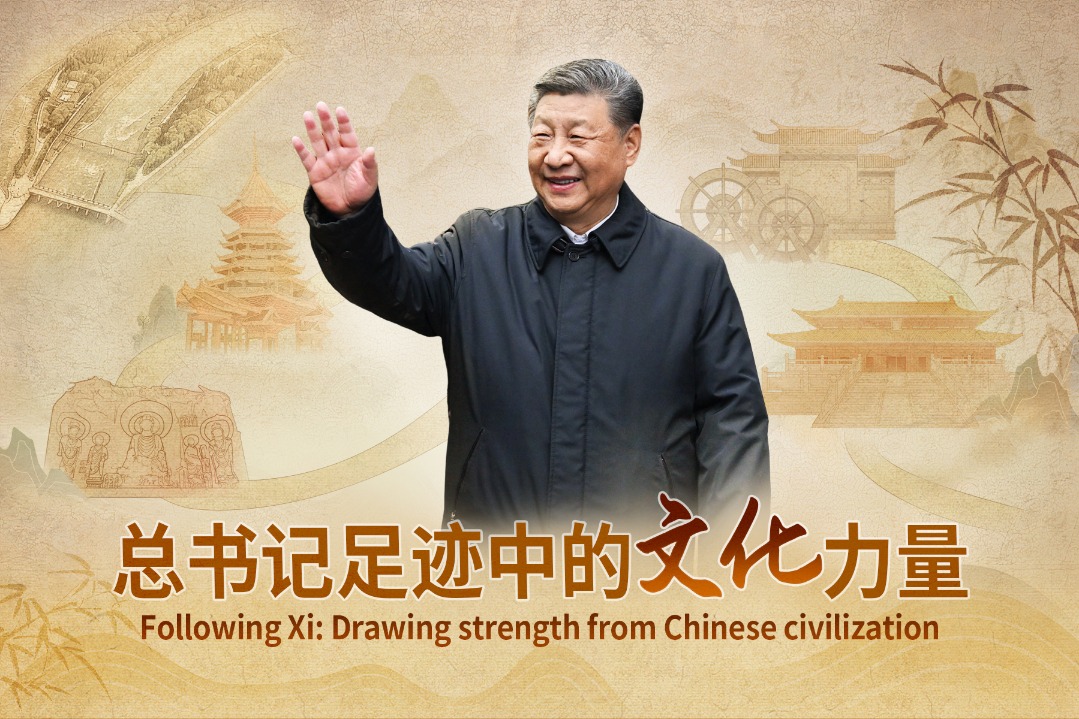More top talent may be moving on

Money, career advancement, work/life balance key motivators for chinese job changes in 2011: survey
Advancement opportunities and increased work responsibilities may see more top-level talent in China changing jobs this year albeit with new motivators, says a recent survey of senior managers on mainland and Hong Kong.
China's strong economic growth will see traditional motivators like career opportunities and better pay still holding sway, but several other factors like the balance between work and free time will also be the key to such moves, says the survey conducted by executive search company MRI China Group.
According to the survey, nearly 64 percent of the 2,265 respondents on the mainland and 58 percent of the 348 respondents in Hong Kong have received at least one job offer during the past 18 months. Over 24 percent of the respondents on the mainland have received more than three offers in the past year.
The survey conducted during the fourth quarter of 2010 was based on questionnaires handed out to senior managers on the mainland and in Hong Kong.
Money, as ever, is the key incentive for people to consider new job offers.
|

|
Over 46 percent of the new job takers on the mainland and 17 percent in Hong Kong say their income rose by more than 30 percent after shifting jobs. More than 35 percent of the respondents in Hong Kong list higher pay as the key criteria for changing jobs.
But changing jobs is not always about getting more money. The survey shows that as many as 21 percent of respondents on the mainland and 16 percent in Hong Kong list more responsibilities as a major incentive for job change.
The strong economic growth has resulted in longer working hours, and increasingly complex organization of companies involving more communication between offices at different locations.
At the same time, the balance between work and play is the most important consideration for 14 percent of respondents on the mainland and 16 percent in Hong Kong.
Wang Lanlan, a 27-year-old publication project manager from Shanghai who left her previous job and took a new one early this year, says the foremost issue for her is overtime.
"I rarely had dinner with my family, even on Sundays, in my old job," she says.
Though her current position is a step down in some ways from her previous one, Wang says it is much better for her.
Chris Watkins, country manager with the MRI China Group, says: "Most of the senior talents are at an age when they get married and have children. So they want to spend more time with their families."
It is a huge challenge for the employers to maintain an employee's work-life balance and to give him/her more responsibilities, as they are often conflicting in nature. In such cases employers need to take proactive approaches to retain top talent, says Watkins.
For employers looking for new talent, especially those seeking bilingual employees with commercial expertise, the challenge is more difficult than earlier as there is strong demand and competition for such talent, Watkins says.
Private enterprises and multinational corporations often adopt aggressive approaches to attract the best talent and are hence more flexible in their hiring strategies. Others need to adopt a more concise hiring procedure, he says.
Zhang Yiran, a 29-year-old investment consultant from Beijing received more than five offers in 2010 before zeroing in on an employer in Hong Kong. "Compared to other employers who gave me offers, my current employer promised to give me more freedom - I don't have to report to many supervisors, and I have more say in how to arrange my projects," he says.
"Title matters, but nowadays employees are more pragmatic about what we can do in our positions, and to what extent we can be creative and get ideas accepted and applied to projects.
"In this case, I would prefer a position of project manager which gives me enough resources to lead a team than as a general manager who needs to report about everyone else in the office," says Zhang.
The survey also shows that most employees prefer to work in first-tier or coastal cities, which poses a problem for employers in second- and third-tier inland cities.
"Promising higher pay and promotions are the major strategies we take to attract employees - they are effective in terms of pulling talents to our pool in the short term.
"But money and promotion alone cannot make them remain at our place for a long time," says Li Yang, a human resources manager with a food company in Guiyang, capital of Southwest China's Guizhou province.






























